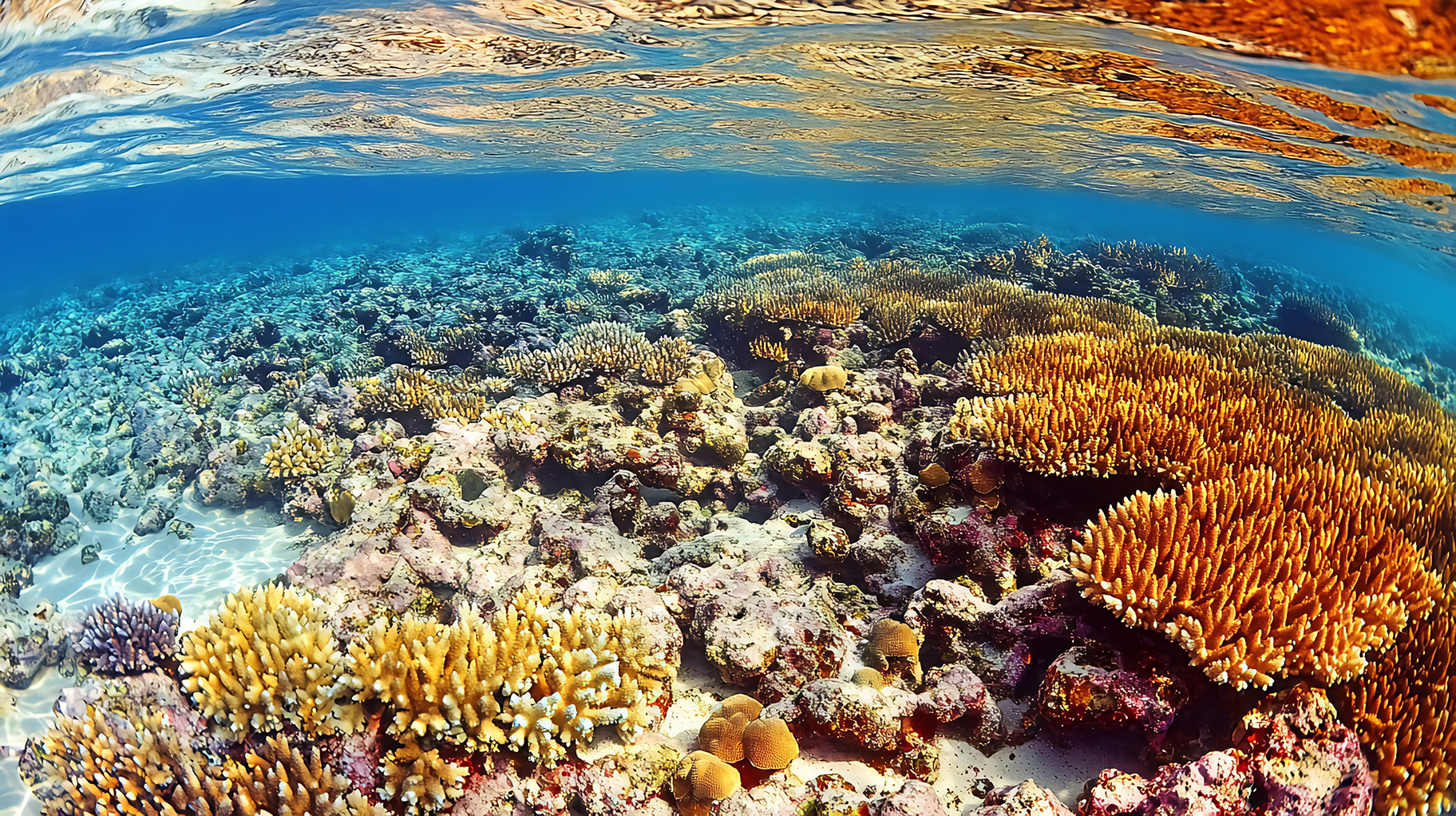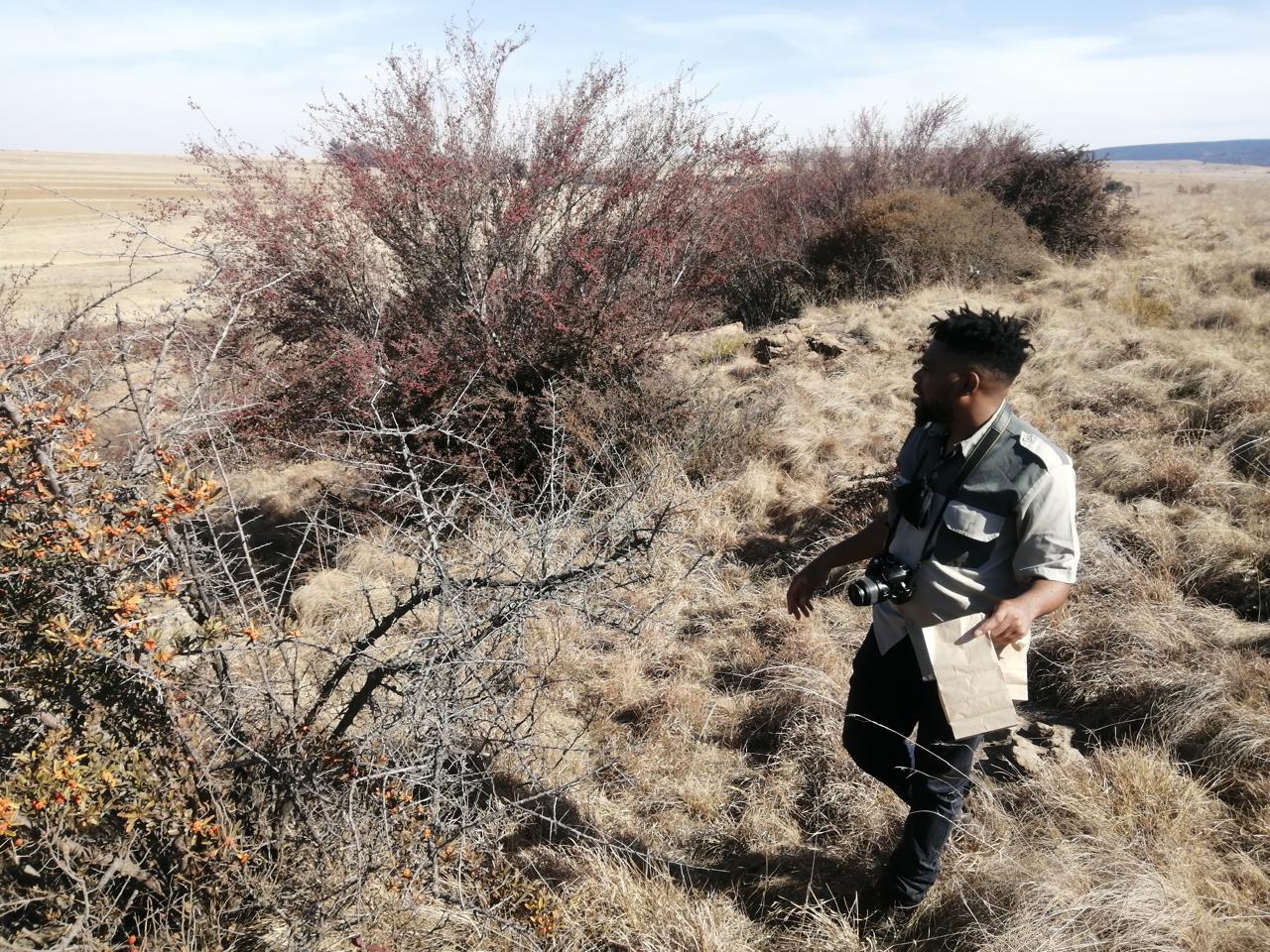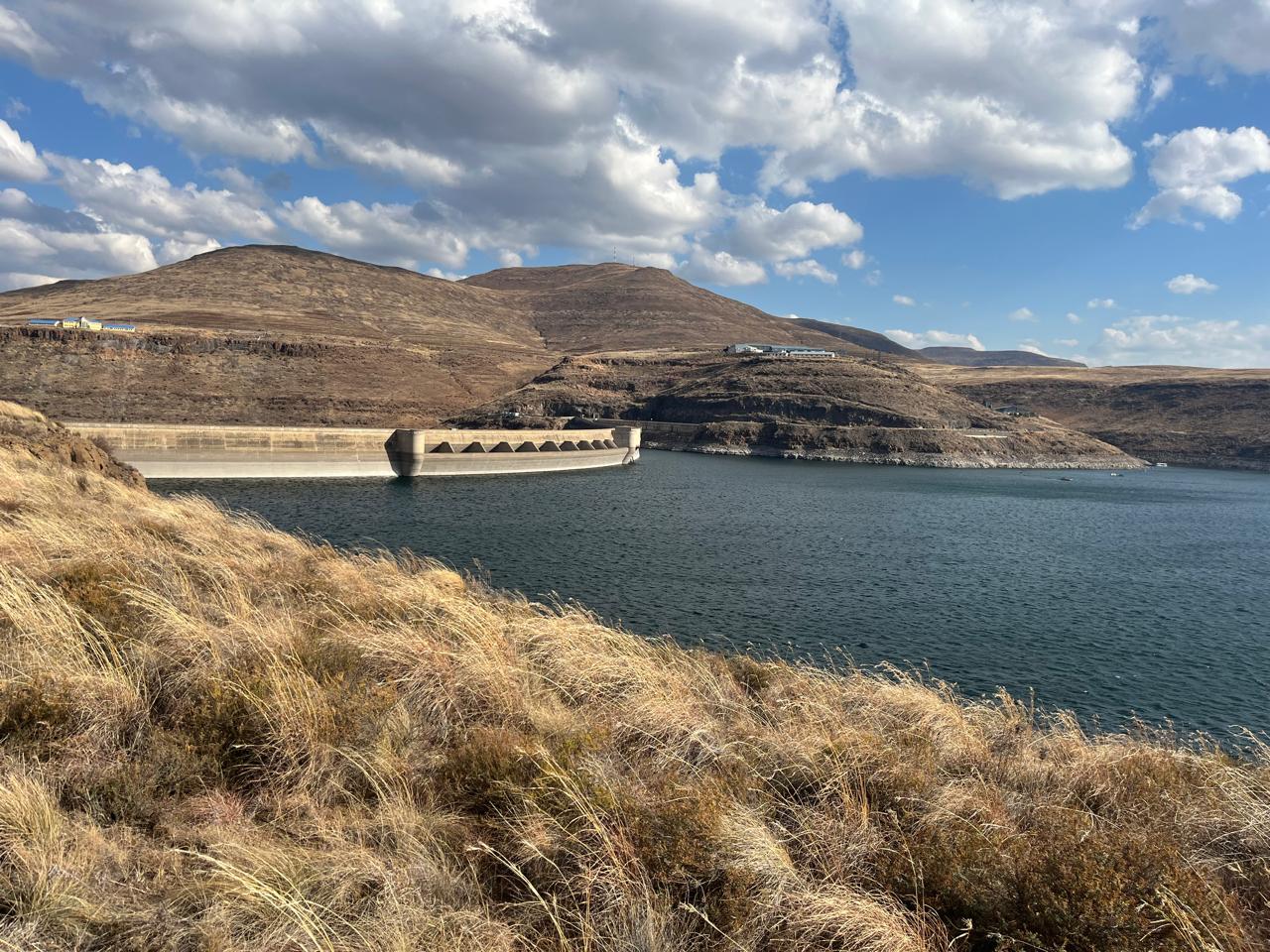The company comprises a dedicated team of professionals with competencies in the fields of environmental management, Water Resources Management, Biodiversity Conservation (nature conservation), Social Development Studies, Tourism Management and Occupational Safety, Health, and Environment (SHE). High academic excellence and a broad network with various institutions housing unique and spatially explicit data sets for the assignment in question both nationally and internationally, complement the massive groundwork executed by Liselo Environmental & Social Consulting Services
Mmutla Ecosystems Consulting (MEC) subscribes to the values systems of the
Organisation of the Economic Cooperation and Development (OECD). MEC applies a high level
of scientific research results in policy development and reviews – operating at the science
research-policy nexus and evidence-based decision-making. A niche for our staff capacity
comes from multi-disciplinarity embracing the Indigenous Knowledge Systems (IKS) and the
ability to integrate complex knowledge from different sources, obtained using advanced
research methods, working successfully in diverse environments (i.e., high altitude, coastal
areas, Mediterranean climate areas, grasslands, savanna, desserts etc.) both within and across
the borders of Lesotho.
Our mission is to align national biodiversity strategies with global frameworks to ensure sustainable use and protection of our rich natural heritage. As a party to the United Nations Convention on Biological Diversity (UNCBD), Lesotho is committed to three core objectives: the conservation of biodiversity, sustainable use of its components, and equitable sharing of benefits derived from genetic resources.

Coral reefs are often called the “rainforests of the sea” due to their incredible biodiversity. They are among the most biologically diverse ecosystems on Earth, providing critical habitats for a vast array of marine life. Despite covering less than 1% of the ocean floor, coral reefs support about 25% of all marine species, making them an essential component of the planet's biodiversity.
Coral reefs provide shelter, breeding grounds, and feeding areas for thousands of species, including fish, mollusks, crustaceans, and marine mammals. These vibrant ecosystems are crucial for the survival of many marine species, which rely on the intricate structure of the reefs for protection from predators and harsh ocean conditions.





